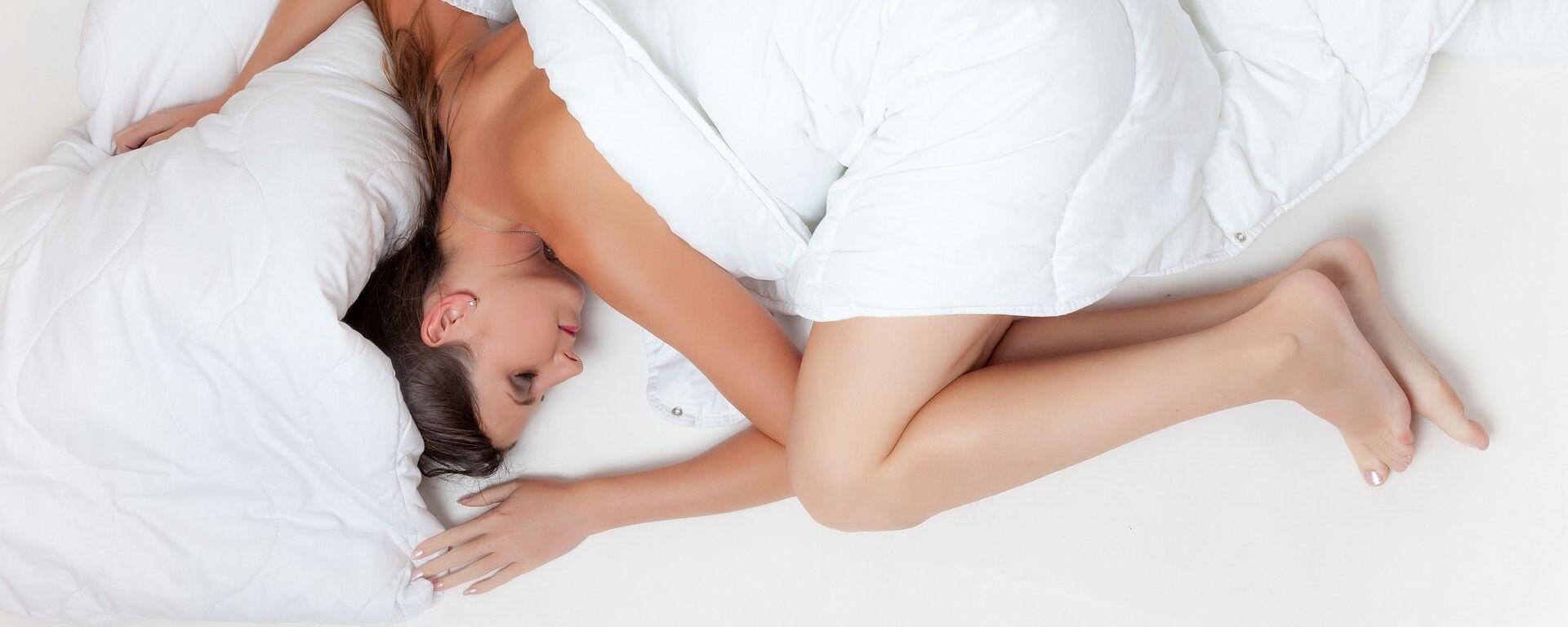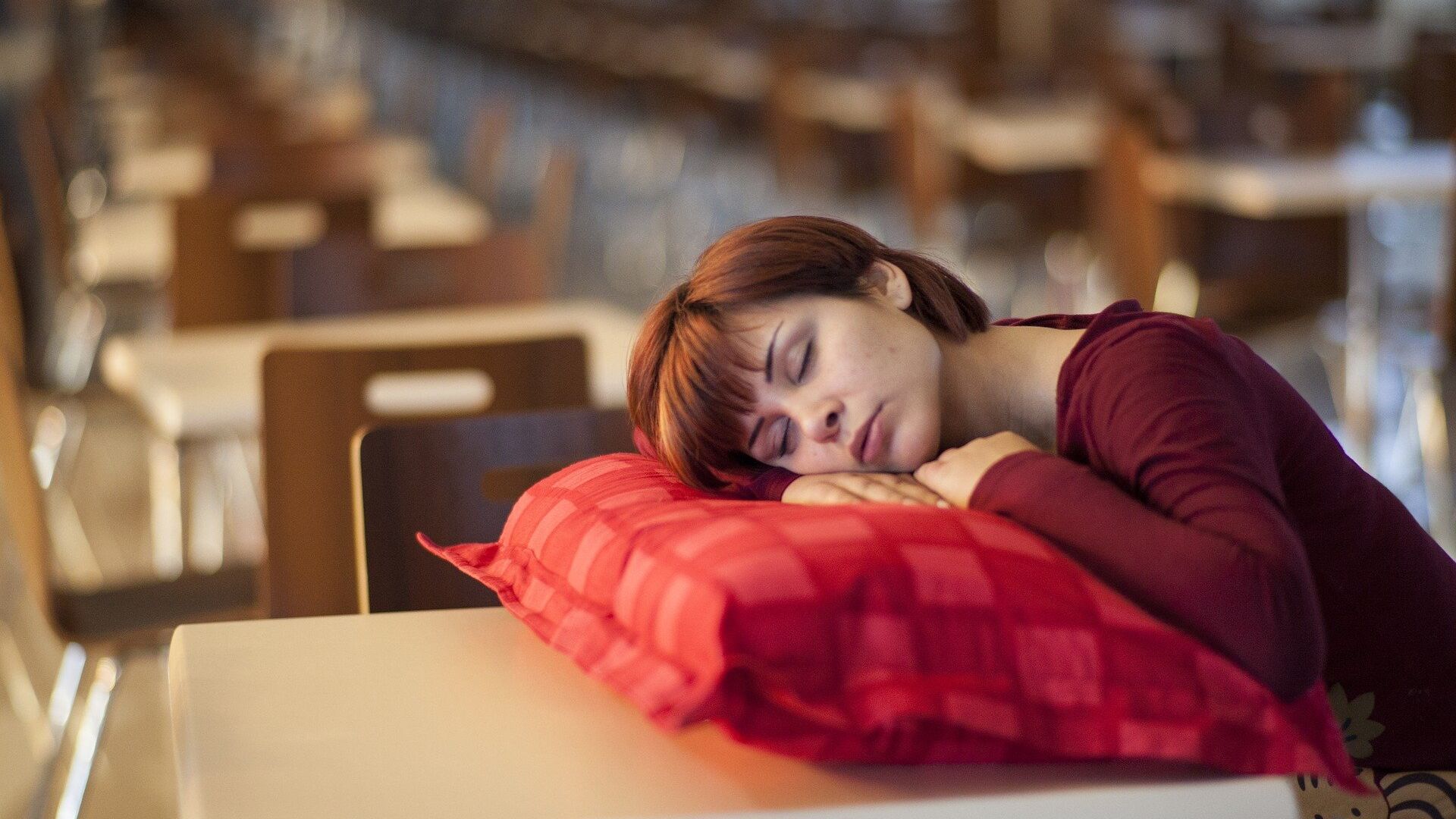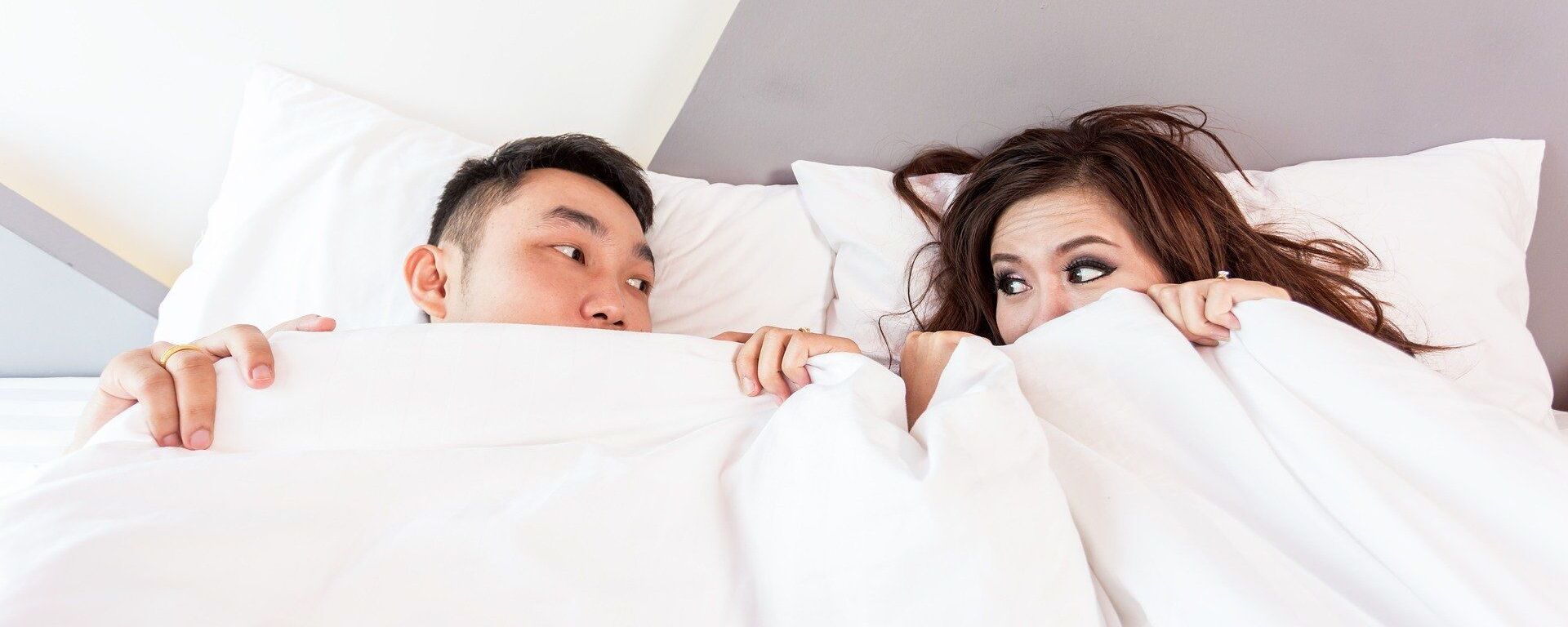https://sputnikglobe.com/20221019/skimping-on-sleep-after-50-heightens-risk-of-death-study-shows-1102073488.html
Skimping on Sleep After 50 Heightens Risk of Death, Study Shows
Skimping on Sleep After 50 Heightens Risk of Death, Study Shows
Sputnik International
Sleep is a critically important function that affects both a person’s physical and mental health. Sleep helps support a healthy immune system, cognition... 19.10.2022, Sputnik International
2022-10-19T10:44+0000
2022-10-19T10:44+0000
2022-10-19T10:44+0000
sleep
society
disease
science & tech
https://cdn1.img.sputnikglobe.com/img/105814/25/1058142528_0:100:1921:1180_1920x0_80_0_0_08275ac6bcffa82d8bdb5f369aa7a9ce.jpg
Older adults risk developing multiple chronic diseases if they do not get enough sleep, a new study warned.The research, published in the journal PLOS Medicine, used data from a cohort study established back in 1985 by the Universite Paris Cite, University College London, and the national health institute of France.The 25-year follow-up analysis of around 8,000 healthy people aged 50, 60 or 70 found those who slept for five hours or less were up to 40 percent more likely to develop two or more long-term health conditions than those who got seven hours of snoozing.Those aged 70 were at highest risk of illness from sleep deprivation, while the probability of illness stood at 32 percent for those aged 60 and 30 percent for 50-year-olds. Sleep duration was self-reported as part of the peer-reviewed study.As for the diseases likely to be developed, the study mentioned diabetes, cancer, coronary heart disease, depression, and dementia. Due to its association with an increased risk of chronic disease, shorter sleep time at 50 was also associated with a 25 percent higher risk of death.Sabia lamented the fact that over the past few decades people have developed a trend to sleep less, in part influenced by 24/7 technology and busy lifestyles.She cited a US study which revealed a decline in average sleep duration by up to 15 minutes between 1985 and 2012. Taking into consideration the fact that people typically sleep less as they get older, Dr Sabia said:"It might be that people do not realise they don't sleep enough. And so the first tip is to listen to our bodies: when you are tired, go to sleep. We do not allow ourselves the time we need to sleep."The study feeds into previous similar research showing the importance of sleep duration for good health at older ages.Meanwhile, health experts typically suggest six tips to ensure you get a good night’s rest.
https://sputnikglobe.com/20220223/does-quality-of-sleep-really-depend-on-the-time-we-go-to-bed-1093296515.html
https://sputnikglobe.com/20220418/sex-before-bed-can-improve-sleep-except-when-it-does-not-1094866411.html
Sputnik International
feedback@sputniknews.com
+74956456601
MIA „Rossiya Segodnya“
2022
News
en_EN
Sputnik International
feedback@sputniknews.com
+74956456601
MIA „Rossiya Segodnya“
Sputnik International
feedback@sputniknews.com
+74956456601
MIA „Rossiya Segodnya“
sleep, society, disease, science & tech
sleep, society, disease, science & tech
Skimping on Sleep After 50 Heightens Risk of Death, Study Shows
Sleep is a critically important function that affects both a person’s physical and mental health. Sleep helps support a healthy immune system, cognition, attention, and mood. Lack of sleep may deteriorate a person’s mental and physical health causing cardiovascular issues, depression, anger and can even result in early death.
Older adults risk developing multiple chronic diseases if they do not get
enough sleep, a new study warned.
The research,
published in the journal PLOS Medicine, used data from a cohort study established back in 1985 by the Universite Paris Cite, University College London, and the national health institute of France.
The 25-year follow-up analysis of around 8,000 healthy people aged 50, 60 or 70 found those who slept for five hours or less were up to 40 percent more likely to develop two or more long-term health conditions than those who got seven hours of
snoozing.
Those aged 70 were at highest risk of illness from sleep deprivation, while the probability of illness stood at 32 percent for those aged 60 and 30 percent for 50-year-olds. Sleep duration was self-reported as part of the peer-reviewed study.
As for the diseases likely to be developed, the study mentioned diabetes, cancer, coronary heart disease, depression, and dementia. Due to its association with an increased risk of chronic disease, shorter sleep time at 50 was also associated with a 25 percent higher risk of death.

23 February 2022, 11:29 GMT
"Our study based on data on more than 7,000 men and women followed up for 25 years reports short sleep duration from mid to late life to be associated with risk of chronic disease and subsequent multimorbidity," Severine Sabia, a research associate at the Department of Epidemiology and Public Health, University College London and at the Université de Paris, was cited by Sky News as saying.
Sabia lamented the fact that over the past few decades people have developed a trend to sleep less, in part influenced by 24/7 technology and busy lifestyles.
She cited
a US study which revealed a decline in average sleep duration by up to 15 minutes between 1985 and 2012. Taking into consideration the fact that people typically sleep less as they get older, Dr Sabia said:
"It might be that people do not realise they don't sleep enough. And so the first tip is to listen to our bodies: when you are tired, go to sleep. We do not allow ourselves the time we need to sleep."
The study feeds into previous similar research showing the importance of sleep duration for good health at older ages.
Meanwhile,
health experts typically suggest six tips to ensure you get a good night’s rest.
Keep to a strict sleep schedule by going to bed at the same time
Make sure your bedroom is quiet, dark, and at a comfortable temperature.
Turn off electronic devices, such as TVs, computers, and smartphones
Avoid large meals, caffeine, and alcohol before bedtime
Take time to unwind and relax by reading a book or taking a bath.



